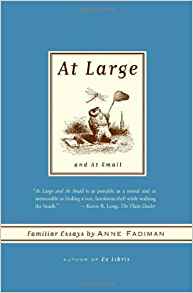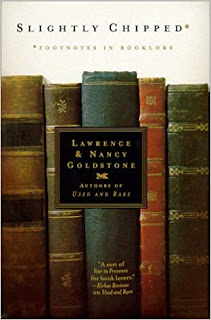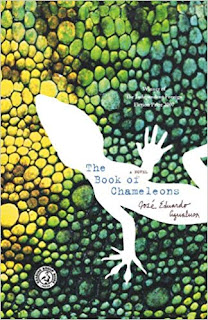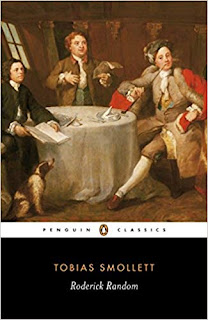Summerbook #11: The Plague

The Plague, by Albert Camus I've been meaning to read this book for something like 20+ years, and I finally got around to it, and it's about...the plague. A real honest-to-goodness episode of bubonic plague. Which is great! But I had somehow developed the impression that it was a metaphorical, not-actual plague, so I was surprised when it really was plague. In Oran, a largeish North African port city, in the 1940s, rats start staggering out into the street and dying -- by the thousands. Nobody quite knows what this could mean, but pretty soon there are a few sick people...and then a lot of sick people. The story is told by four or five men, but primarily from the perspective of Dr. Rieux. He sends his wife off to a TB sanatorium just before the outbreak, and he is the first to realize that the mystery illness is plague, and urges quarantine measures and closing the city to reluctant city councilors. Throughout the epidemic, he works himsel...









